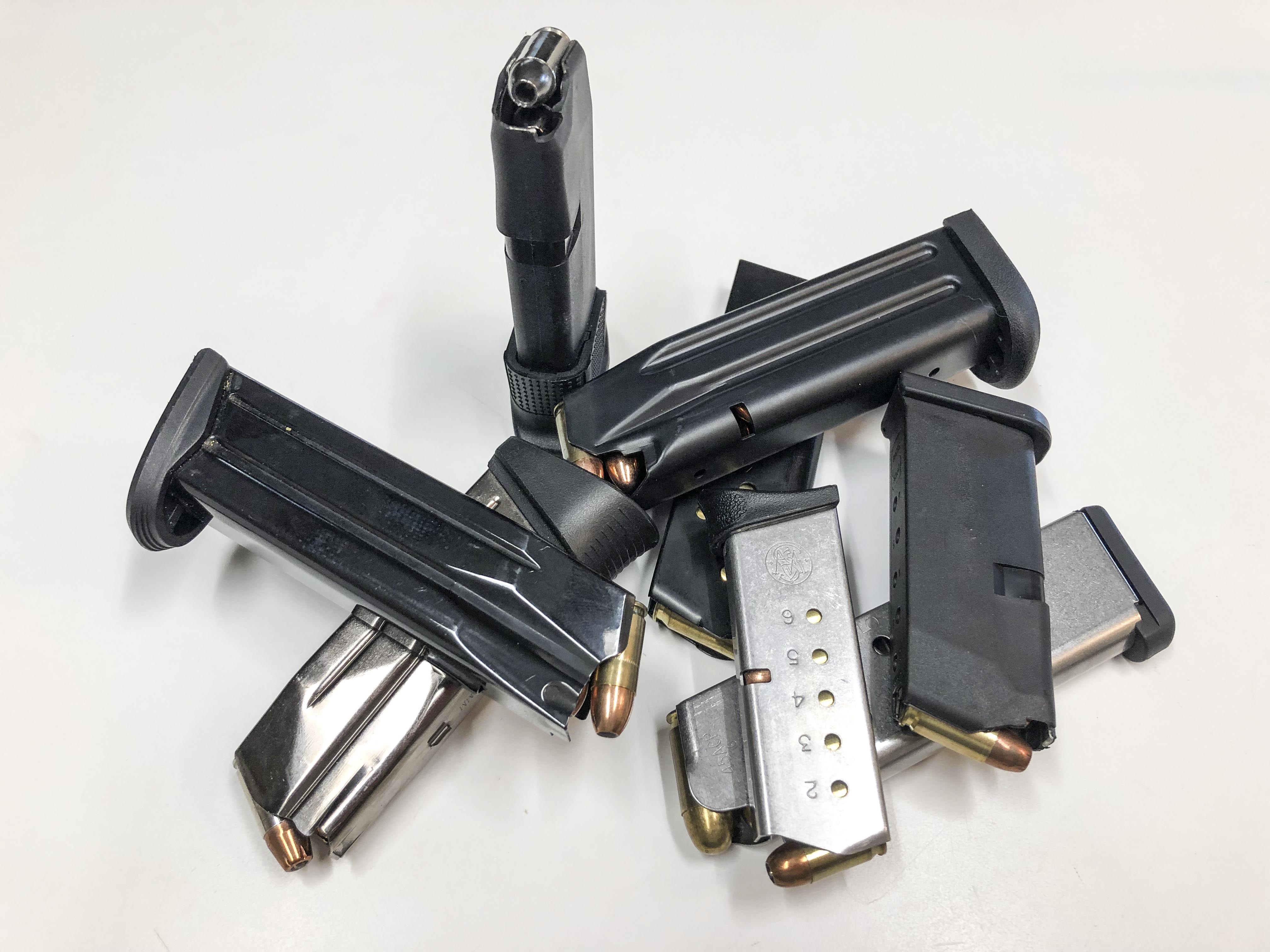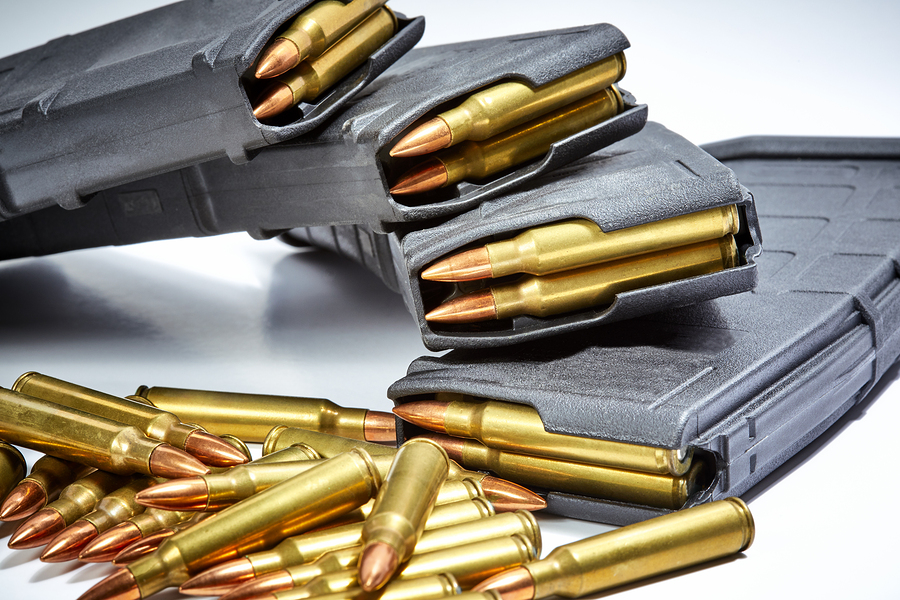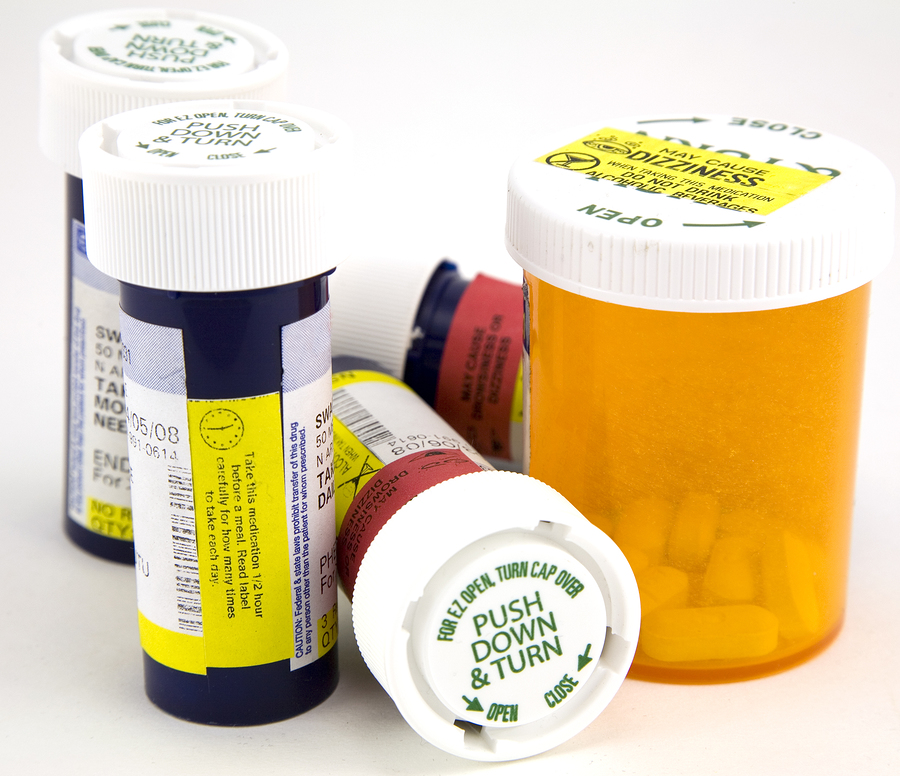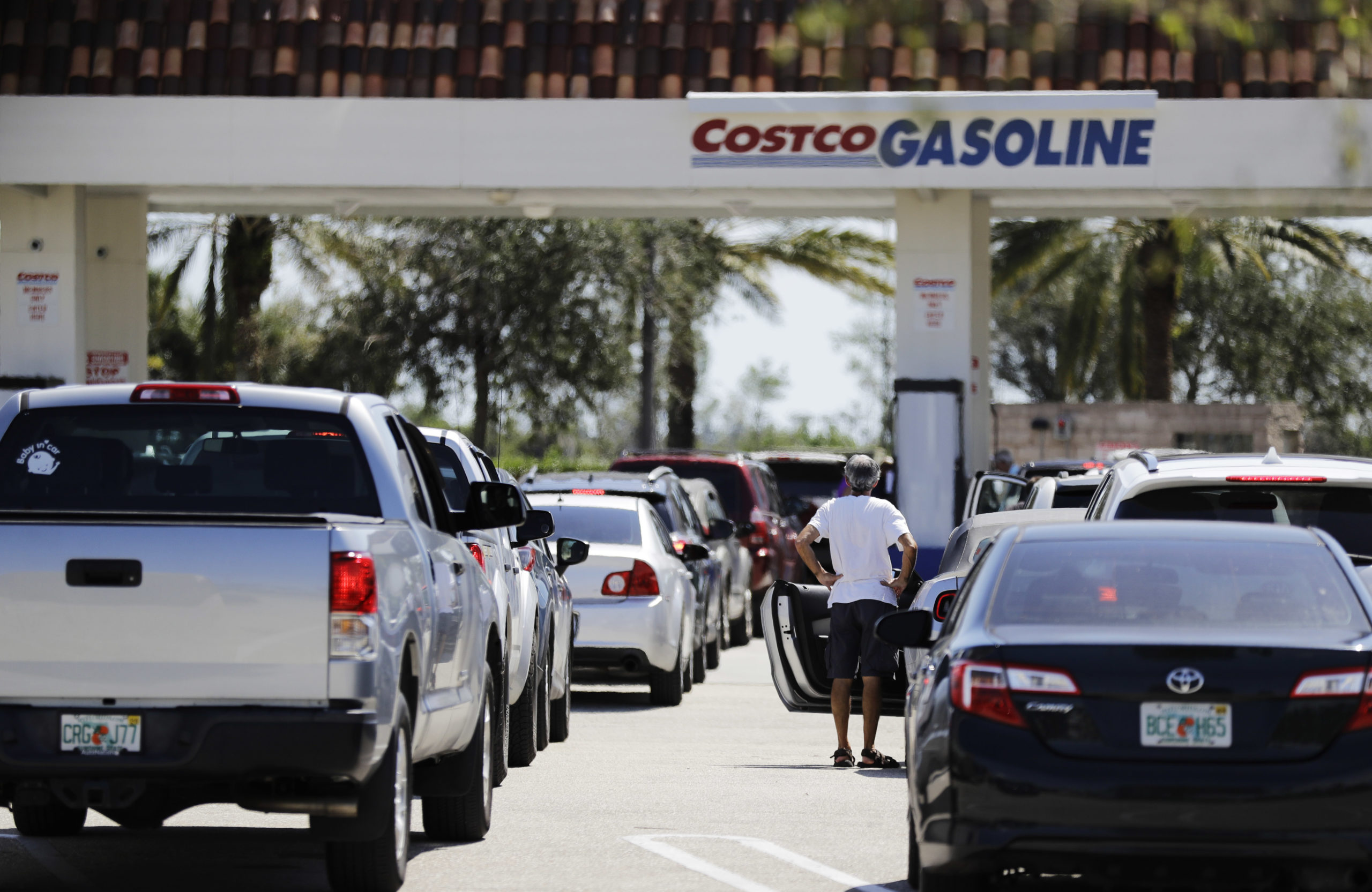And just FYI, this is from a more mainstream gun-related site not a preparedness site.
https://www.thetruthaboutguns.com/preparedness-much-enough/
Emergency Preparedness: How Much is Enough?
by John Boch |
Mar 04, 2020 |
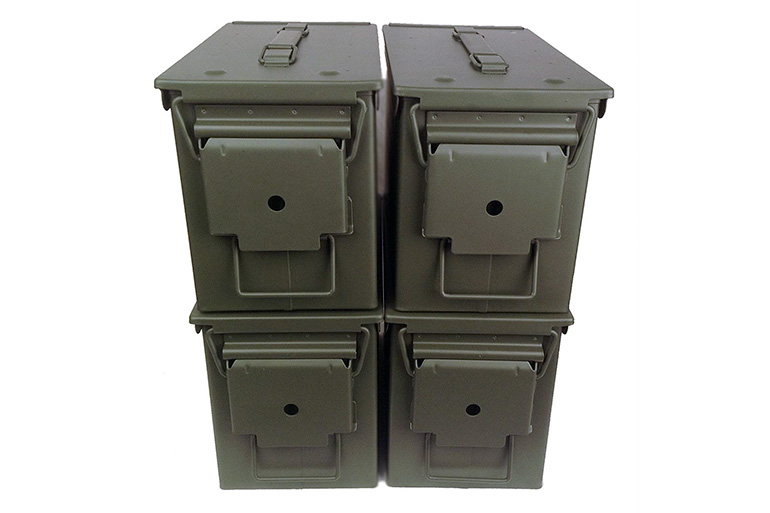
Courtesy Amazon
Preparedness for contingencies goes a long way to turning chaos into mere inconvenience. Finding one’s self unprepared when life throws you a curveball sucks.
Hopefully, like many TTAG readers, you maintain some level of readiness for a variety of emergencies. If so, congrats. The question quickly becomes how much is “enough” though when it comes to critical itms like food, water and ammo?
Rugged independence and self-sufficiency made America great. More importantly, by maintaining your own preparedness, you can become part of the recovery after an emergency, instead of part of the problem. The more Americans prepare for emergencies and disasters, the faster recovery will happen.
Food and Water
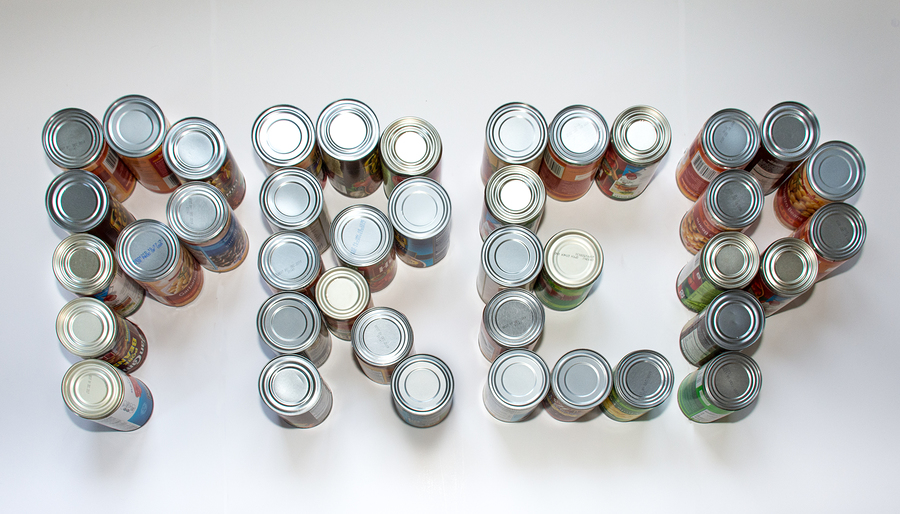
Bigstock
Why is water storage important? Simply put, dehydration is a horrific way to die. At the Beslan School Massacre, Muslim terrorists withheld water from their hostages – children and adults alike. By the second day in the summer heat, people eagerly drank urine from shoes. By the end of the second day, the first few began to die from dehydration.
Nobody wants that for their family.
Medical issues and death from lack of food don’t happen as quickly as dehydration. Nevertheless, energy levels drop without food. Believe it or not, even with a caloric intake of 1100-1600 per day, most people will die in a matter of months. Don’t believe it? Just look at those in concentration camps during World War II.
Those with existing health issues may see those problems made worse from a lack of or insufficient nourishment. And while Americans on average have plenty of extra weight with which to exist during lean times, medical professionals seldom recommend a starvation diet.
So, how much food and water should you put away for an emergency?
Two weeks’ worth makes a great start for your personal preparedness. If you have nothing currently, seven days’ worth is a 1000% improvement over your current state of readiness.
You’ve may have heard some say you should have a year’s food at home. That’s up to you, but know that today, not even most Mormons have a year’s larder in their homes.
Looking around, it’s easy to see why. In today’s America, a disruption of the food supply lasting more than just a few days is virtually non-existent unless you live in sparsely populated, remote regions.
When it comes to clean water, municipal supplies come filtered and treated to our taps. Cities have backup systems in case of malfunctions or power outages. For them, failures come very few and far between – and even then typically only require a short boil order of a day or two.
For the average American, a two-week supply of emergency supplies will get them through 99.999+% of anything life may throw at them.
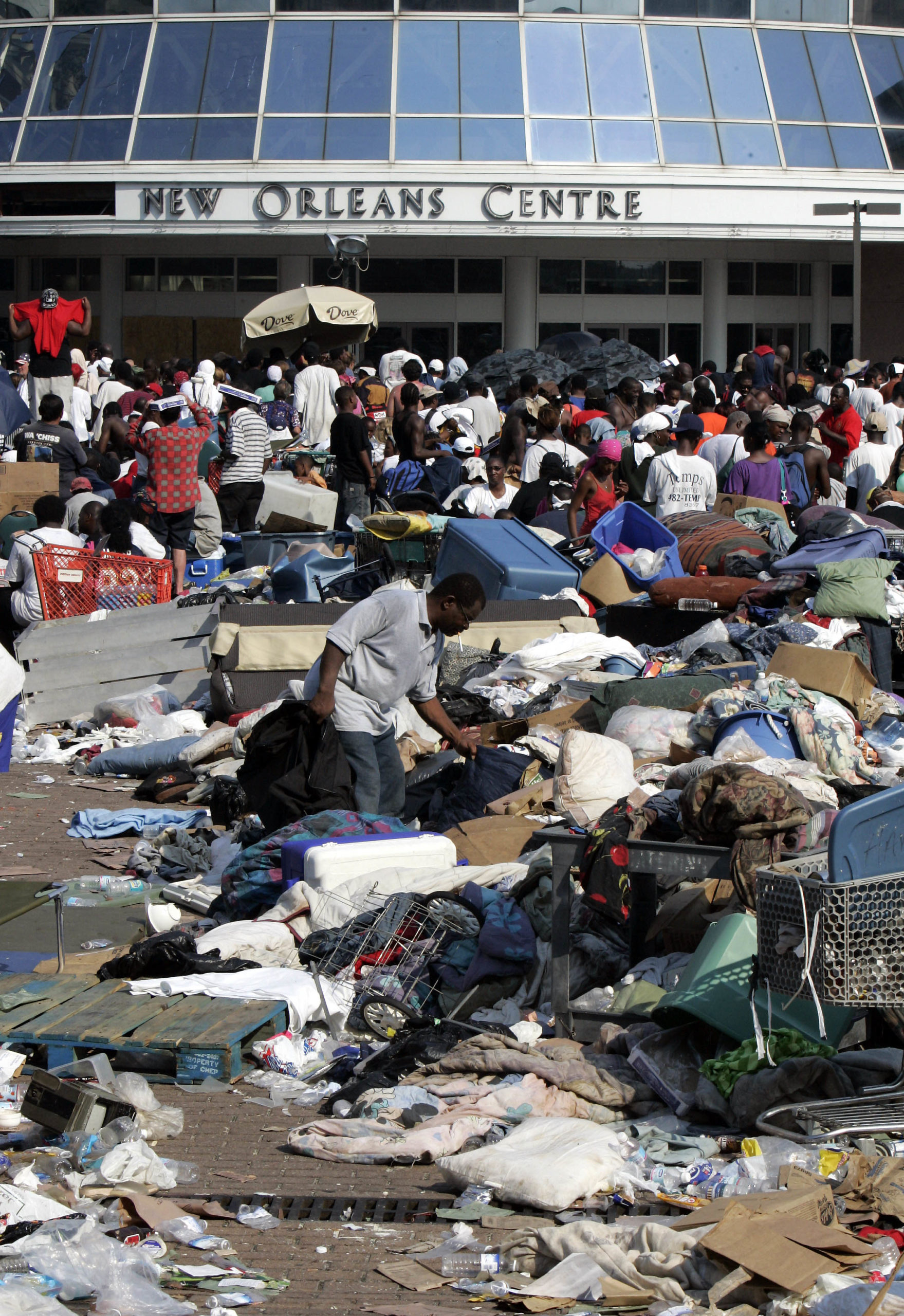
(AP Photo/Bill Haber)
Alternatively, with no supplies, there’s always government assistance. Just like at the Superdome in New Orleans during Hurricane Katrina, right? Failing to prepare translates to preparing to fail.
Food and Water Aren’t Enough
Do you have special needs or want to secure additional peace of mind? Fine. Bump your supplies up to four weeks – or three months. Or a year. It’s your money, time and storage space.
I’ve been there. Before Y2K (remember that?), I had a year’s supply and a whole lot more. I earned my doctorate in preparedness the hard way. Afterwards – and to this day – I felt like a fool, but I was a prepared fool.
Today, I’m perfectly comfortable with four weeks’ worth of food, water, toilet paper — don’t scrimp on the TP stash — and baby wipes. It’s a good idea to keep a decent amount of cash on hand, too. And don’t forget candles and batteries for flashlights and a radio. Want to be sure you can charge your phone? A solar charger could come in handy.
Are you foolishly planning to come to my house in an emergency because you think I’m all stocked up? Hah! Bring a tent and some food. You can camp in the nearby park. There’s a porta-potty out there.
What about feeding family or neighbors? If you plan to start feeding others, you’ll never be able to store enough.
Residential Security
If riots or civil breakdown occur following a calamity, how long will your residence remain safe and secure? In most cases, in the near-term, it should remain relatively safe for a few days to a couple of weeks, minimum.
You know your neighborhood and what’s beyond it. Gun owners will keep an eye out for their own homes and those of their neighbors in the days following any emergency. Know the open carry laws in your city and state. Opportunistic looters will avoid gun-toting residents for good reason.
What happens, though, a couple of weeks after your neighbors run out of food and their children begin begging mom and dad for something to eat? At that point, things will grow increasingly dicey for you, no matter your level of preparedness.
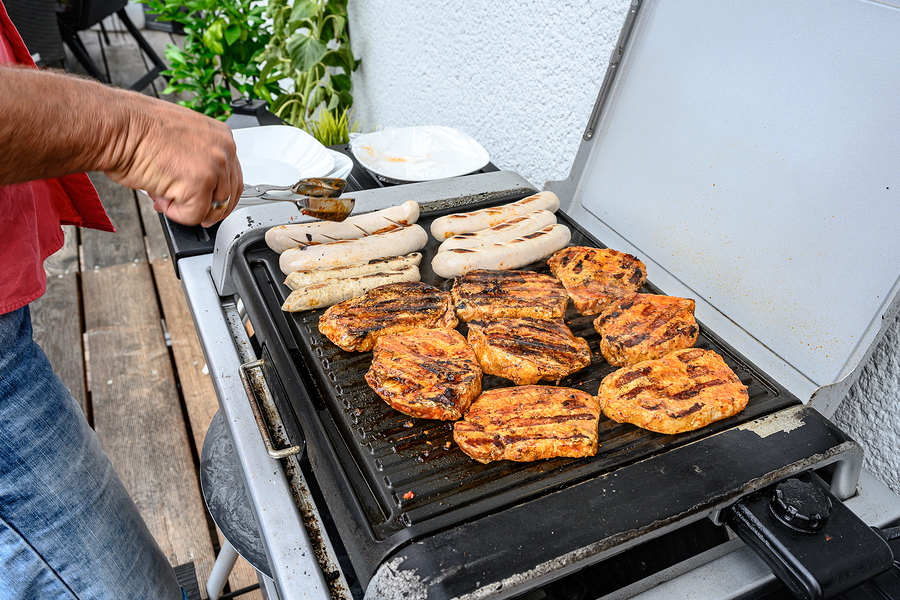
Bigstock
How so? How’s it going to go when your neighbors smell your grill when they haven’t eaten for a week or two? Ditto for smelling bacon and eggs in the morning. Those Porterhouse steaks and baked potatoes you’ve salted away will taste mighty good to someone else after they shoot you in the back.
Storing enough for you and yours for a year will mean little if desperate people in your neighborhood resort to desperate measures to feed their families – or provide water to them.
Ammunition
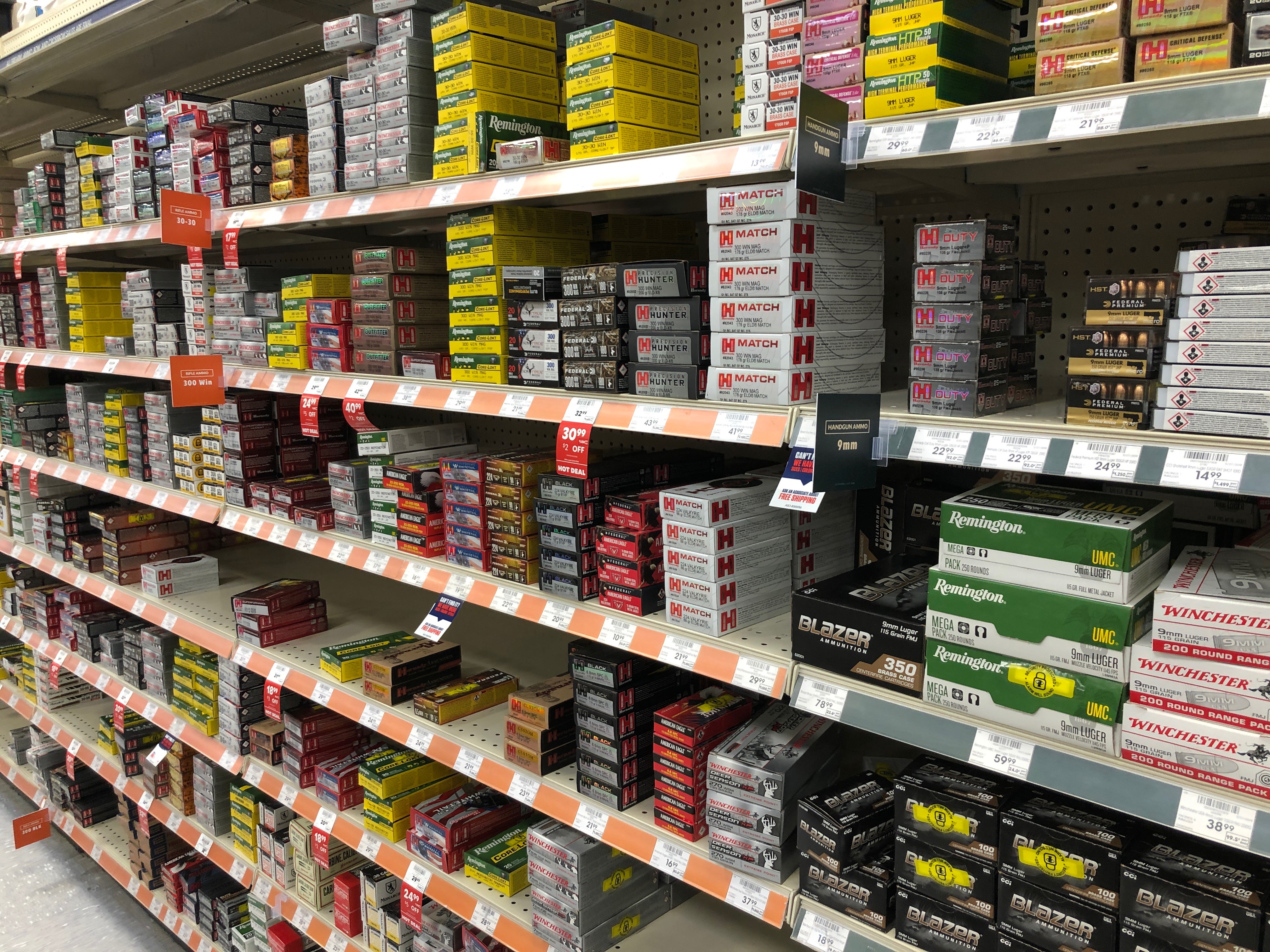
Dan Z for TTAG
“How much ammunition do I need?” It’s a fair question. It depends.
For self-defense? For your Roscoe, buy some reputable hollow-point ammunition made by a leading manufacturer. Avoid the exotics like the plague. At a bare minimum, buy at least fifty rounds to test-fire in your self-defense pistol. Make sure it functions with flawless reliability. If it doesn’t, don’t make excuses for it. Try another brand instead.
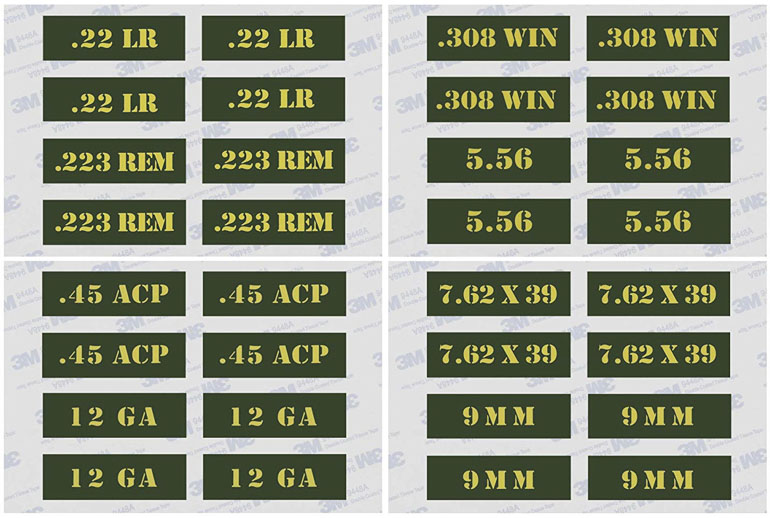
Courtesy Amazon
https://www.thetruthaboutguns.com/preparedness-much-enough/

